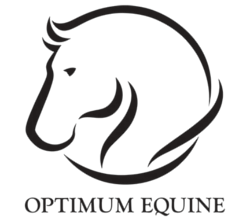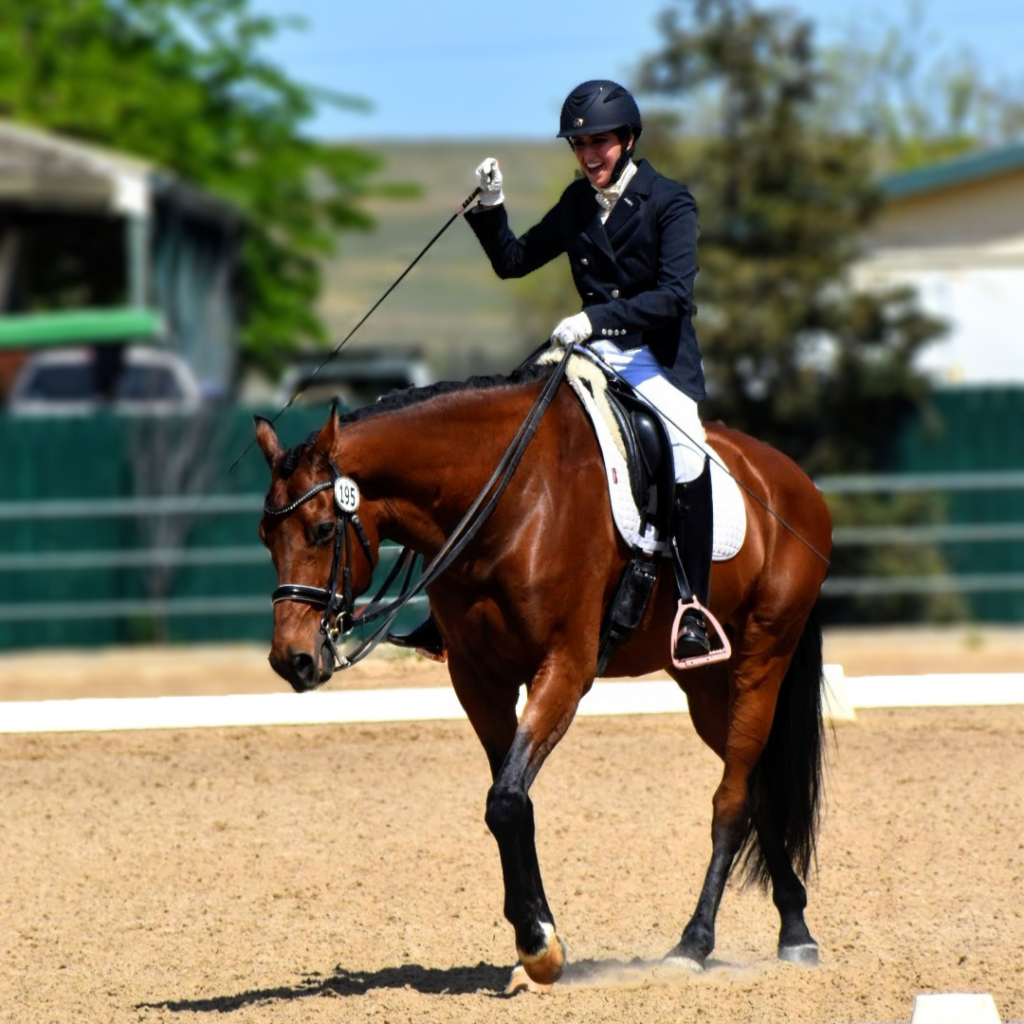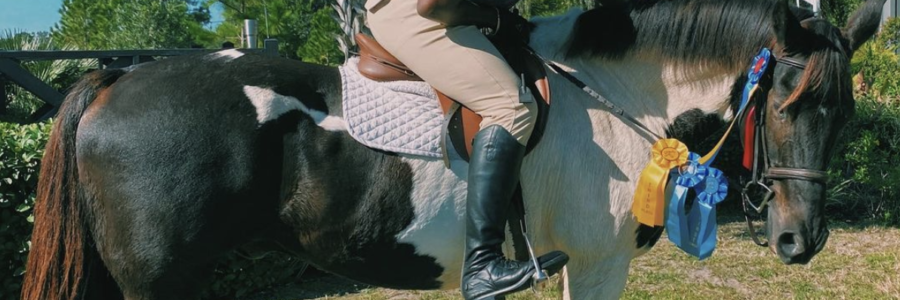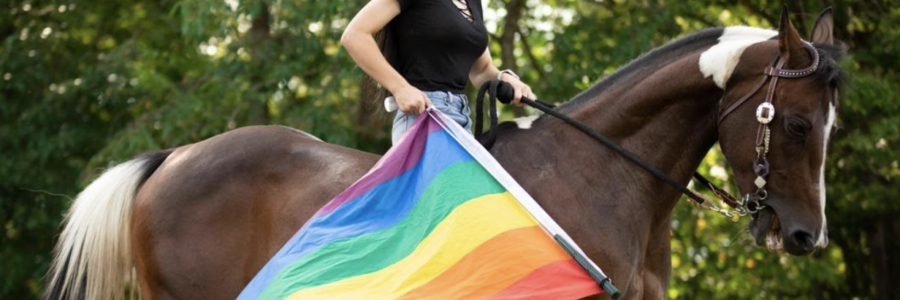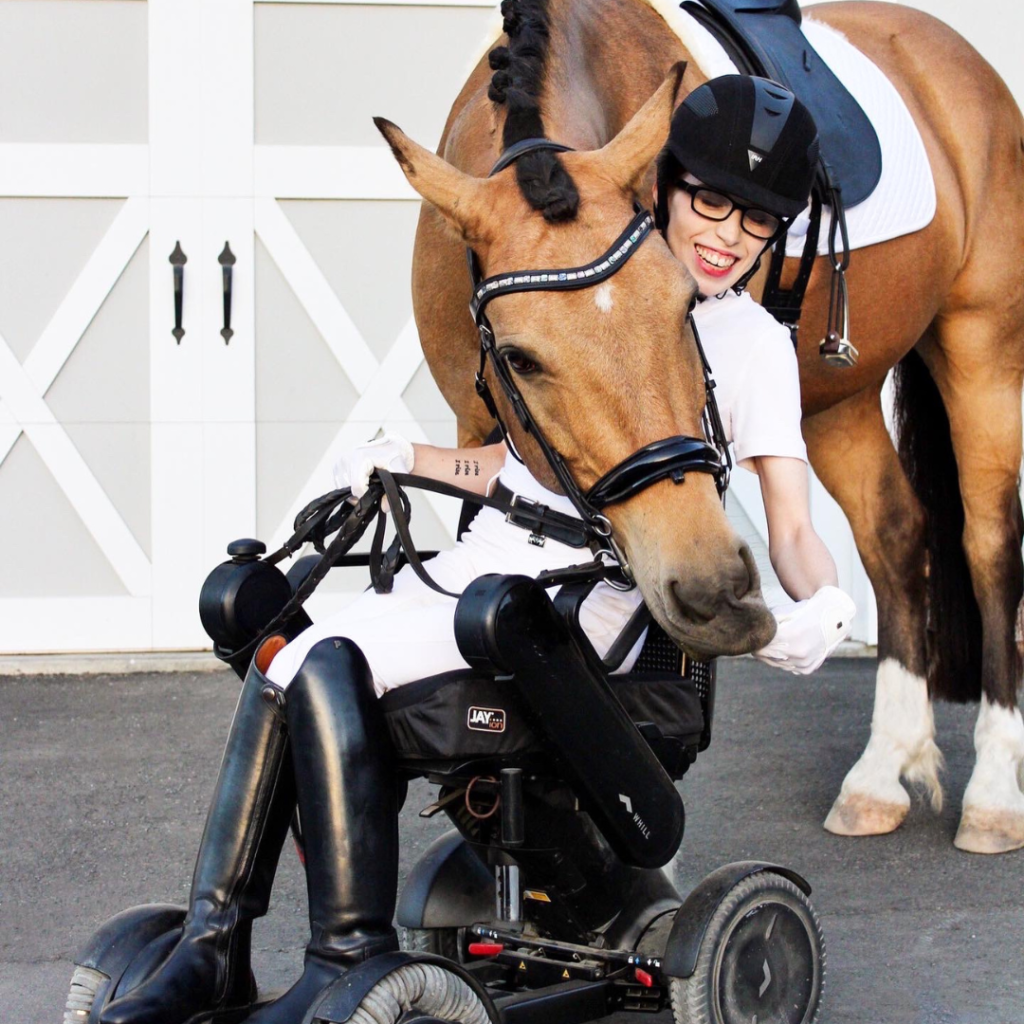
Holly is the Fall 2021 OYES Travel Fund Awardee.
My name is Holly Lovejoy, and I am a 21-year-old grade 1 para equestrian with cerebral palsy, ADHD and bipolar disorder. I was first introduced to horses through hippotherapy as a toddler, and it has been an endless love affair ever since. Horses have become my life, my way of accepting myself and my reason to chase success. I was classified as a grade 1 para equestrian at the age of 13 and have kept my eyes on the goal of becoming a Paralympian.
I am currently riding the Elite level tests and preparing for my first National Championship in October 2021. That Championship should act as the stepping stone to prepare for my International debut in 2022.
Riding has always been my way of making sense of myself and moving through life. I was introduced to riding through hippotherapy as a toddler, and it became the only therapy I would tolerate. As a disabled child and one in a set of premature triplets, horses became my outlet for independence. On a horse, I could balance myself both physically and emotionally. Discovering the Paralympic Games and connecting with horses opened a door to my future. With a manic dream flying high and the insatiable drive to ride at the highest levels, I was inspired to develop the skills to do so no matter what. Though we lack funds due to our family situation, I’ve never let that dampen my ambitions. Horses became my do-or-die and my way to comprehend and accept a situation I hardly wanted to fathom. Despite constant financial and logistical challenges, I continue to push boundaries, make connections with the world and pave my way to gold. Through chronic pain and doubts of every kind, I use riding as a means to improve my quality of life and change my outlook on the world as a disabled individual. Horses have given me a way to love myself and this fairytale of a life that I am beginning to live. Viewing myself as an athlete has allowed me to examine my health needs through a new, more positive lens. I have taken my physical therapy into my own hands and continue to search out the best of opportunities with my incredible team. I refuse to let myself be counted out as a future member of Team USA. I want to show the world that a broke, “crazy” disabled woman can beat the odds and ride under the lights with the best of them.
I plan to use my funds towards my first National Championship which will be the inaugural National Dressage Pony Cup for the West Coast. I am coached by Tracey Hill, and the show is located at the beautiful Starr Vaughn Equestrian in Elk Grove, Calif. I feel beyond lucky to be finally competing at this elite level. Without the endless, creative support of my team, it would not be possible.
